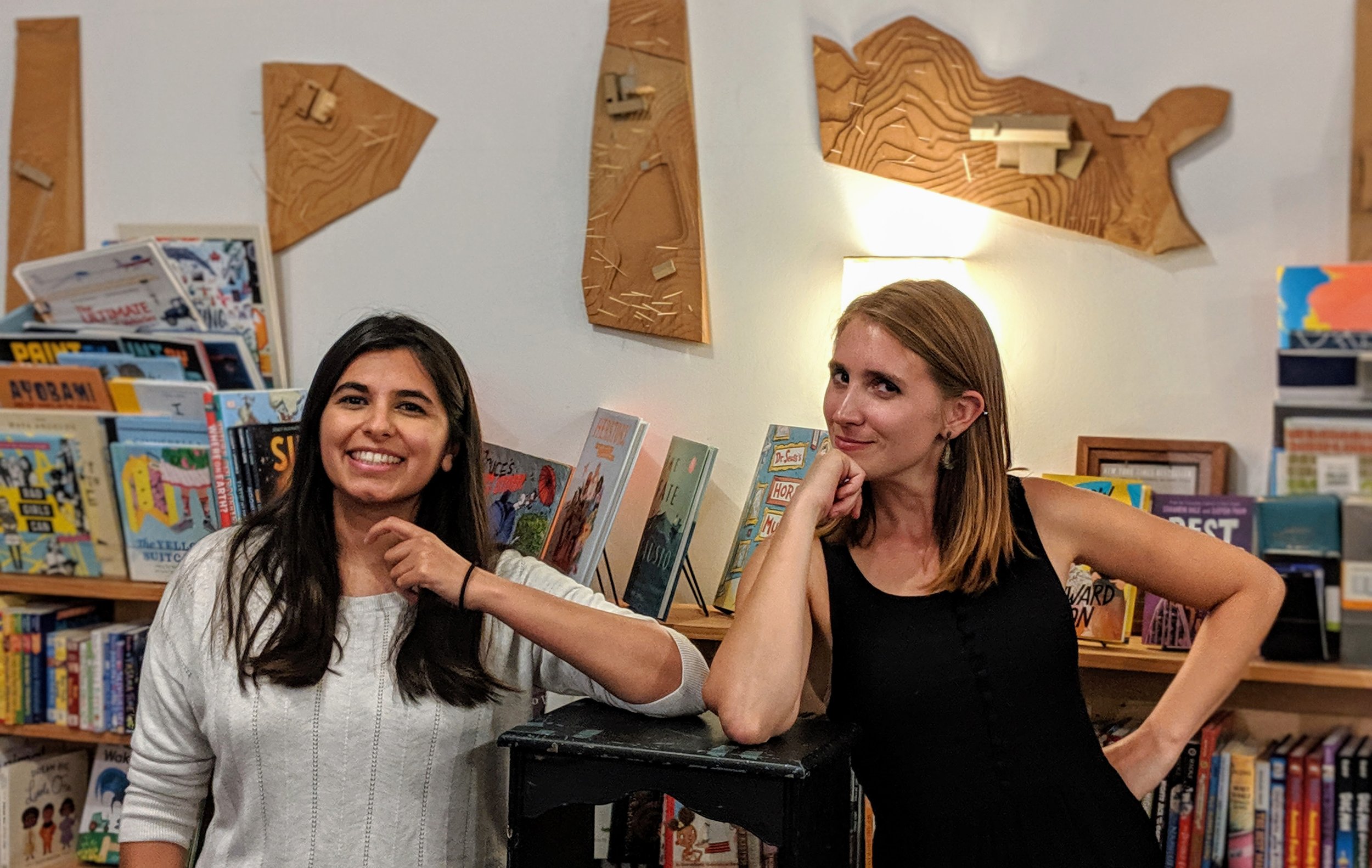All the resources, from all of the places, all at once
Are people still doing pun titles on Everything, Everywhere, All at Once? (Great movie, btw.) Well, despite our cultural dawdling, we promise that these are helpful resources for submitting your work, learning about craft, reading more widely, and meeting your writing goals. Whether you’re a beginning writer or a more experienced one, there’s something for everyone! To the resources then!
What are some good articles on submitting my work?
Catapult’s “Pitching and Moaning: A Guide to Submitting Your Writing”
BuzzFeed’s "The Ultimate Guide To Getting Published In A Literary Magazine” (Yes, BuzzFeed has more than quizzes about what pasta shape best suits your astrological sign.)
How do I submit my stories to literary magazines?
Most—70%? (an unverified statistic based on our gut feelings)—use Submittable. It’s a straightforward platform that can help you keep your submissions organized and also something that you can refresh constantly to watch for that sweet, agonizing move from “Received” to “In progress” (…followed by months of silence.)
But what magazines should I submit to?
That’s a whole another blog post for another day, but suffice to say, you’ll want some idea of the relative rankings or prestige of the various magazines. (Of course, so-called rankings aren’t everything! If there’s a magazine love to read and think that your work meshes with, then definitely submit there!) Here are two sources for rankings or “tiers” as they are sometimes called:
How do I stay up to date with all things literary?
A little-known rag called the The New Yorker
The Atlantic’s I Have Notes column by Nicole Chung
Another obscure repository: New York Times Book Review
Twitter: follow your heroes to for pithy bon mots, see them complain about writing & other topics, or offer prompts (such as Rebecca Makkai’s #365prompts)! Or—stay away and maybe go for a walk?
Are there any helpful newsletters I could read, preferably by beloved and august authors?
Did someone say beloved and august? Here’s George Saunders’s substack (Amongst the paywalled posts, there are many helpful unpaid entries, like this one on flashbacks.)
Lincoln Michel’s Counter Craft, which gets philosophical about writing, including this latest post “Understanding the Reader Without Pandering to the Reader.”
Matt Bell’s Writing Exercises : EXCELLENT analysis and breakdown of craft topics such as “Suspense Creating Summaries.” Just as with his slim yet extremely helpful craft book Refuse to Be Done, this one is a can’t miss.
Brandon Taylor’s sweater weather : Literature, but also pop culture.
Jami Attenberg’s CRAFT TALK, which hosts her famous summer writing challenge, “1000 words of summer.”
I’ve read all the books. What should I read. Also, will reading a lot help my writing?
Great question. Why yes, reading will help you become a better writer. Read. All the time. Looking for inspiration? How about something from Emily or Arshia’s 2021 or 2020 best of lists?
Also, the aforementioned Lithub has countless, extremely niche lists, such as Speculative Journeys: Sci-Fi for People Who Don’t Really Like Sci-Fi or 6 fictional pools to dive into.
How else can I improve my writing?
How about taking a class—say with a supportive local writing organization? Seriously though, deadlines and the feeling that you’re not writing alone are invaluable for getting stuff done. If you’re looking for some motivation, inspiration, and community, browse Redbud’s fiction courses here and our nonfiction courses here.
Make a SMALL and achievable goals. Do your best, but don’t beat yourself up if you don’t make your goal. You can keep trying! For example:
A sentence a day.
500 words a day.
Two pages a week.
Fifteen minutes three days a week.
Jotting some notes down for 10 minutes before bed.
Etc.
Your friendly Redbud instructors
Arshia & Emily
Know of a resource we haven’t mentioned? Share in the comments below!
Happy reading and happy writing!

